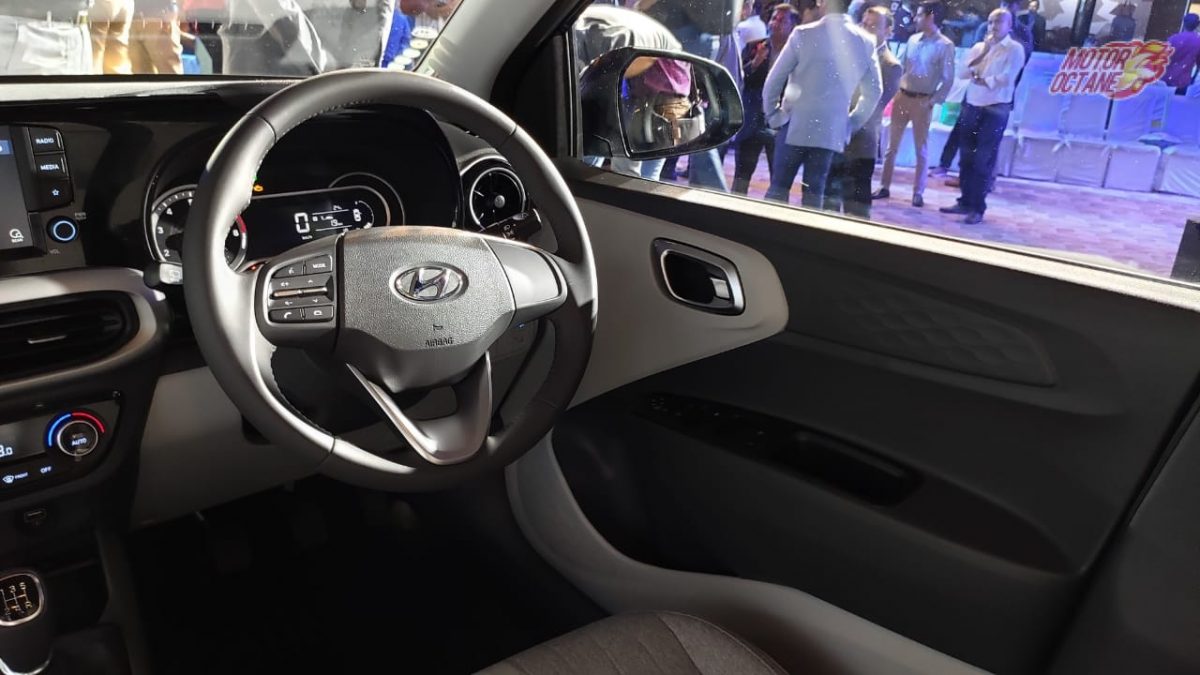Hyundai Grand i10 Nios Diesel Engine – Pros and Cons

The Grand i10 Nios is a premium offering of the already popular Grand i10. Hyundai did not want to discontinue its largely popular i10 and therefore has kept selling the Grand i10 Nios alongside the Grand i10. Hyundai is one of the few manufacturers that has stuck to the diesel engines even with the BS6 emission norms.
The company believes that diesel will be popular even in the BS6 era. Today we look at the i10 Nios diesel and see for its pros and cons.
Find out more below.
Engine and transmission
The car gets a 1.2-litre three-cylinder CRDI engine. This produces 75 bhp and 190 nm of torque. This engine is offered with a five-speed manual as well as an automatic. This engine was also seen on the Hyundai Elite i20 and is currently seen on the Hyundai Aura as well.
Also read: Hyundai Creta Engine – The Best One?
Hyundai Grand i10 Nios pros
Fuel efficiency
The car claims a fuel efficiency of 25.1 km/l. But in the real world you can expect a mileage of 21 in the highways, and 16 for the city.
Even these are very respectable numbers. Even when you compare this to the most efficient petrol engines, this will still come out on top. Being a three-cylinder it gets the advantage of better fuel-efficiency.
Also read: Grand i10 Nios turbo petrol launched
Low-end torque
The car produces a lot of torque at 190 nm. This is great for overtaking. But what is even better is that this torque is available at a very low rpm. The car gives all of its torques at 1750 rpm. This makes the car’s low-end performance very impressive.
Easy to drive
The diesel engine in the car is relatively easier to drive in city conditions. You do not need to continuously shift the gears, as the engine does not rattle as soon as you go a bit slower in the higher gears. This takes the strain out of the driver and makes it an easy to drive car.

Hyundai Grand i10 Nios cons
Diesel clatter
As is the case with most diesel engines, they are not as refined as petrol ones. The clatter can be heard inside the car, and can also be felt when you switch on or switch of the car. You are always reminded that you are driving a diesel car.
Also read: Hyundai Grand i10 Nios – Variants Explained!
Hyundai Grand i10 Nios high rpm noise
The downside is the noise and a hint of vibrations that creep in beyond 3,000rpm. The engine begins to take the typical diesel engine note and only gets louder as the revs rise. This will make you change the gears faster as it feels like you are straining the car’s engine.

Comments